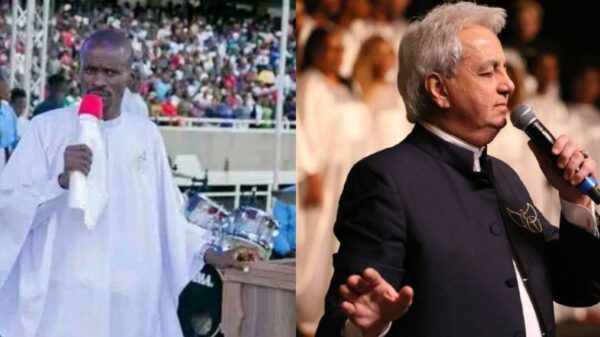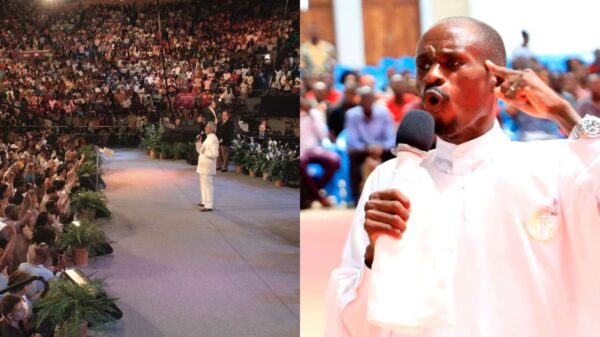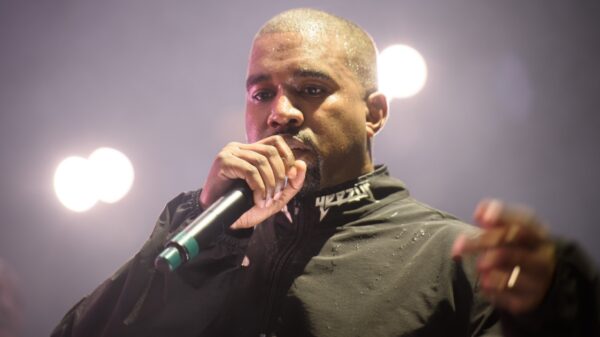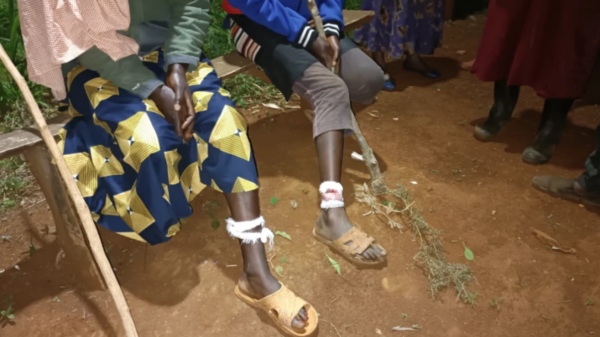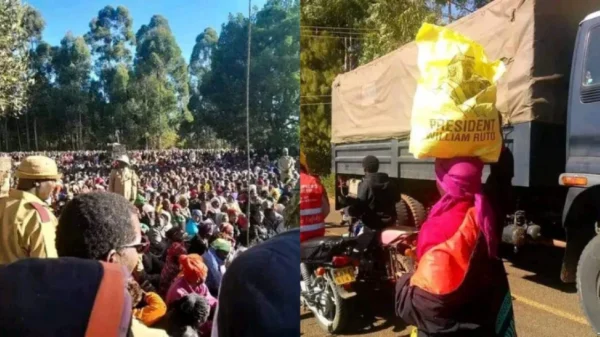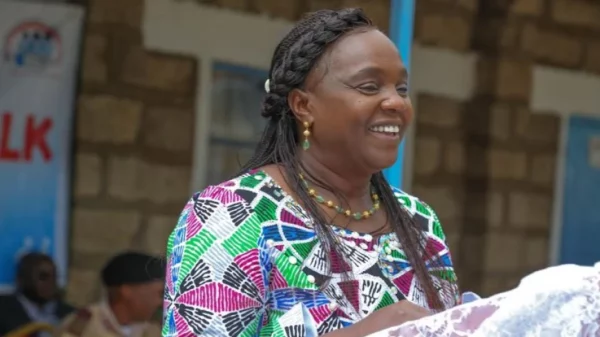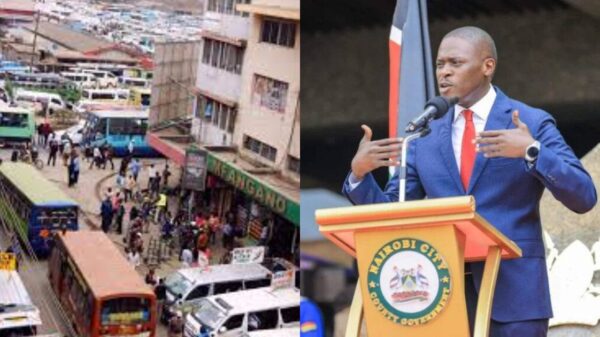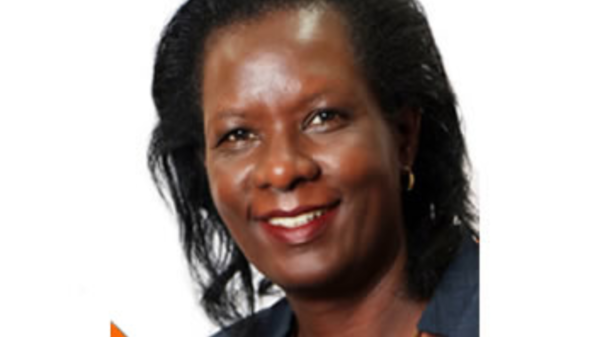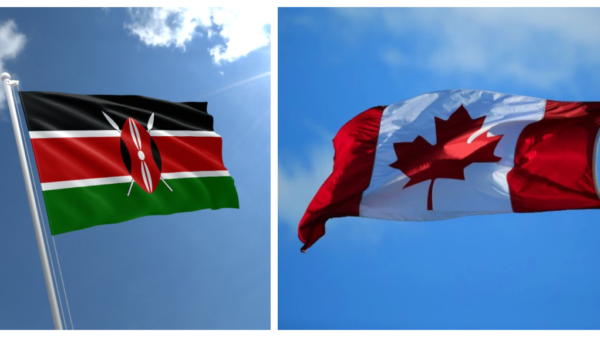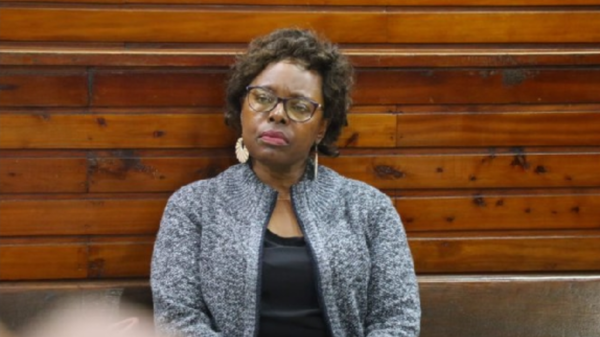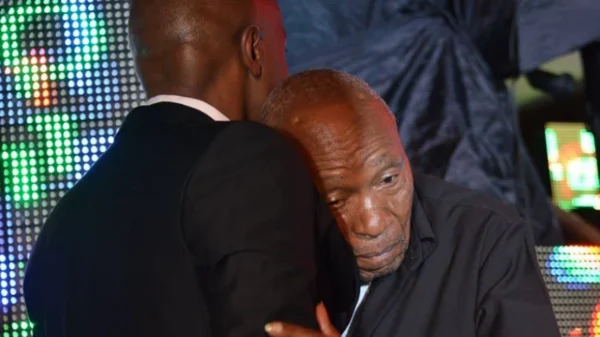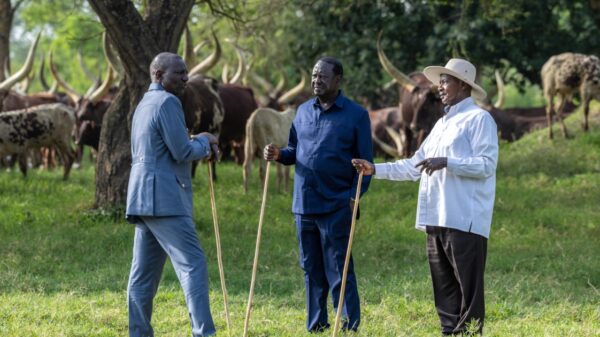• 2022 Presidential aspirant Jimi Wanjigi, expressed reservations about the Finance Bill 2023 supported by President William Ruto
• The businessman cum politician faulted sections of the bill, arguing that it was detrimental to the already burdened citizens
• Wanjigi, whose presidential bid was nipped in the bud by the electoral body, stated that Ruto’s administration had been affected by Moody’s rating
2022 Presidential aspirant Jimi Wanjigi, on Tuesday, May 16, expressed reservations about the Finance Bill 2023 supported by President William Ruto.
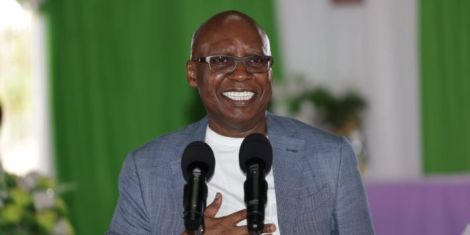
Former Presidential aspirant Jimi Wanjigi.
In a media interview, the businessman cum politician faulted sections of the bill, arguing that it was detrimental to the already burdened citizens. In his argument, Wanjigi observed that the proposals, if passed, would affect his economic recovery plan.
Besides poking holes in the Bill, Wanjigi pointed that revenue collection was low noting that the exchange rate was dropping, negatively affecting his administration.
Other indicators listed by Wanjigi included the stock market, which he observed that investors were fleeing, and the bond market, which he stated had been affected by the current market volatility.
Further, Wanjigi, whose presidential bid was nipped in the bud by the electoral body, stated that Ruto’s administration had been affected by Moody’s rating.
This was after the global rating agency based in New York, USA, downgraded Kenya’s long-term foreign-currency and local-currency issuer ratings from B2 to B3.
“Disaster is here! it is not coming. It is here; we are just refusing to accept, but it is here. We have never been in this kind of place,” Wanjigi stated.
To address some of the challenges and save Kenyans from the yoke of taxes, Wanjigi implored President Ruto to adopt some strategies former President Mwai Kibaki employed.
Wanjigi advised Ruto to expand the tax bracket. Giving context to his suggestion, Wanjigi noted that allowing several companies, both local and international, to establish in the country would expand the revenue collection bracket.
The businessman indicated that Kibaki expanded the tax bracket by allowing media conglomerates to acquire licenses and other telecommunication companies to enter the local market.
“Mwai Kibaki did not raise taxes by squeezing the existing taxpayers. What Mwai Kibaki did was bake a bigger cake. He removed what he called barriers to development that had occurred under the Moi era. When he did that, he brought more people into the tax bracket,” Wanjigi stated.
“What is being proposed now is not expanding the tax bracket, it is squeezing us,” he added.
Despite expanding the tax bracket, Wanjigi advised Ruto to renegotiate debts. The 2022 Presidential aspirant insisted that a relief from maturing debts would help Ruto’s administration channel the funds towards economic recovery.
“I saw the President say that we are not going to default like it’s a bad thing. It is, but it may be the only option because all we are doing here is digging a hole. And now you renegotiate new terms under that default,” he advised Ruto.
He reprimanded the previous regime for piling up debts affecting Ruto’s service delivery.
President Ruto had earlier given his stance on the country’s ballooning debt and insisted Kenya his regime would not default on its loan.
“This country of ours will not default. I want to give you my assurance. Our country will not default on our obligations. We have applied (the) brakes on any more borrowing,” Ruto assured the investors and Kenyans in a joint media interview on January 4.
In another joint media interview on Sunday, May 14, Ruto dispelled claims that his government had raised taxes. Specifically, he defended the affordable housing fund, insisting it was not a tax but a levy.
His sentiments were supported by a section of Kenya Kwanza leaders, including Kikuyu Member of Parliament and leader of the Majority side in the National Assembly Kimani Ichung’wah and Ndindi Nyoro, who reiterated that the Finance Bill 2023 was the pinnacle to resuscitating the economy.



